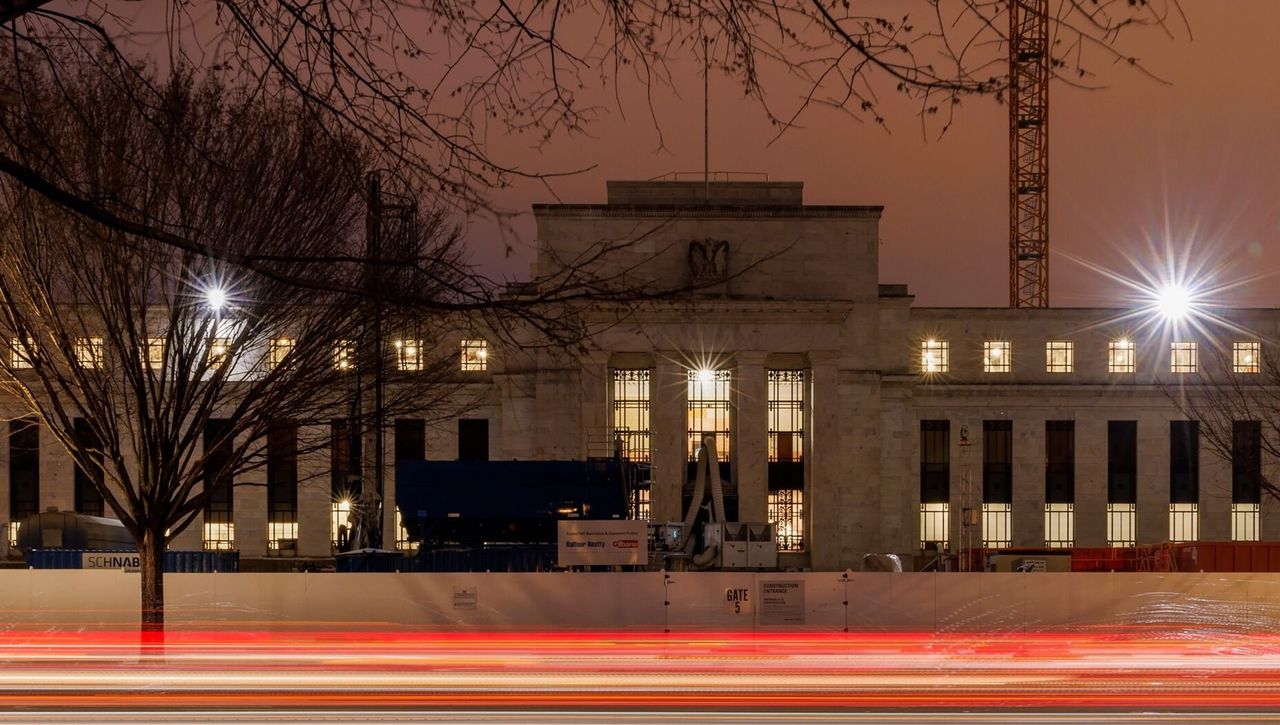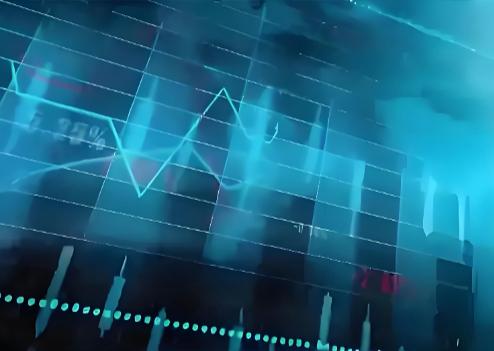
The debate over Fed independence is back in the spotlight, particularly as the battle over the issue intensifies between Donald Trump, the Republican presidential candidate, and Kamala Harris, the Democratic nominee. A number of authoritative media outlets, including the Wall Street Journal and the Washington Post, reported the latest positions of the two sides on August 11, revealing the deep connotation of the debate and its possible long-term impact on the global economy.
At a news conference at his Mar-a-Lago resort in Florida, presidential candidate Donald Trump was blunt about his views on the Federal Reserve's decisions, arguing that the US President should have a say in interest rate decisions. Trump stressed that with his successful experience in the business field and keen intuition, he can provide valuable references for the Federal Reserve's monetary policy. He went on to criticise Jerome Powell, the current Fed chairman, for timing interest rate moves too early and too late, suggesting that if elected he would embark on reforms at the central bank to make policy more in line with the president's wishes.
Trump's stance was quickly and strongly opposed by Harris, the Democratic candidate. In his response in Phoenix, Arizona, Harris made clear that Trump's proposal would seriously undermine the Fed's longstanding political independence, a cornerstone of monetary policy stability and credibility. She stressed that the Fed's independence is essential to fend off political interference and ensure the smooth functioning of the economy, and pledged to vigorously defend that principle if elected.
Behind this debate is a deep reflection on the role and responsibilities of the Federal Reserve. The independence of the Federal Reserve, the central bank of the United States, is widely seen as the cornerstone of long-term economic stability and the protection of monetary policy from short-term political pressures. However, Trump's comments revealed the potential threat to central bank independence from political forces, raising concerns about the future direction of monetary policy and economic stability.
It is worth noting that Trump has repeatedly criticized the Fed and Powell himself during his tenure, especially his dissatisfaction with its decision to raise interest rates. This continued pressure not only tests the Fed's independence, but also heightens market concerns about policy uncertainty. Harris's firm opposition represents a strong stand by Democrats and many economists on preserving the Fed's independence.
Given the many challenges facing the global economy, the direction of the Fed's monetary policy is particularly critical. With the U.S. unemployment rate unexpectedly rising and inflation falling but still high, the Federal Reserve is widely expected to begin cutting interest rates in the coming months to counter downward pressure on the economy. However, Trump's comments have added uncertainty to this expectation, making market participants more concerned about the internal decision-making dynamics of the Fed and the impact of external political factors.
If history is any guide, interventions by presidents at the Fed are not unique. From President Hoover's attempt to raise interest rates to prevent the economy from overheating but triggering the Great Depression, to President Nixon's direct talks with the Fed chairman on monetary policy, to President Reagan's attempt to prevent Paul Volcker from raising interest rates to ease the recession, these examples illustrate the potential influence of political forces on central bank decisions. However, from the Clinton to Obama years, US presidents generally maintained respect for the Fed's independence and did not openly interfere in its decision-making process.
At present, in the face of the fierce confrontation between Trump and Harris, the Federal Reserve and its policymakers are undoubtedly facing unprecedented challenges. How to effectively deal with political pressures and expectations while maintaining their independence has become a difficult problem for them. Investors and economists around the world are also closely watching this development, hoping that the Fed will continue to adhere to its independence principle and contribute to global economic stability and development.

On November 10th local time, the US stock market suffered a cumulative decline across all sectors last week.
On November 10th local time, the US stock market suffered a…
In October 2025, the Myanmar Defense Forces launched a surp…
On November 5, 2025, several European and American financia…
With the rapid development of artificial intelligence techn…
On November 8th local time, Meta officially announced that …
On November 10, 2025, the conflict between Russia-Ukraine c…